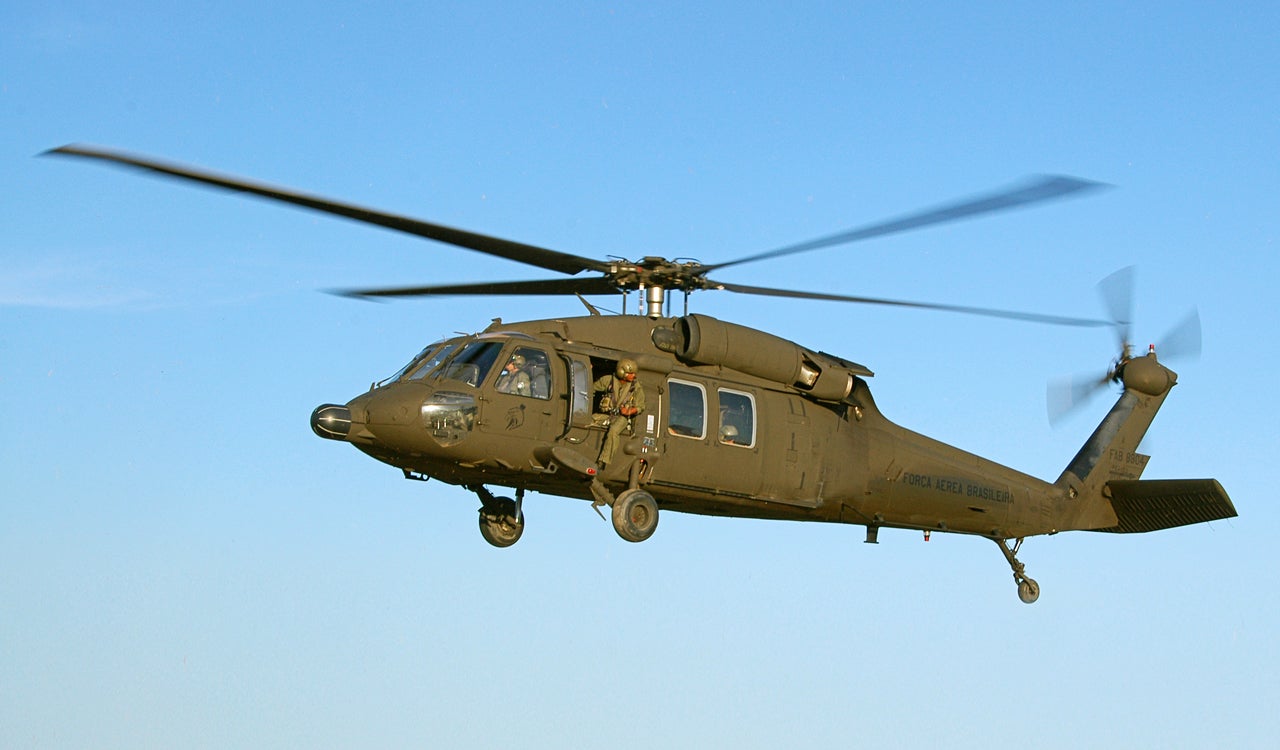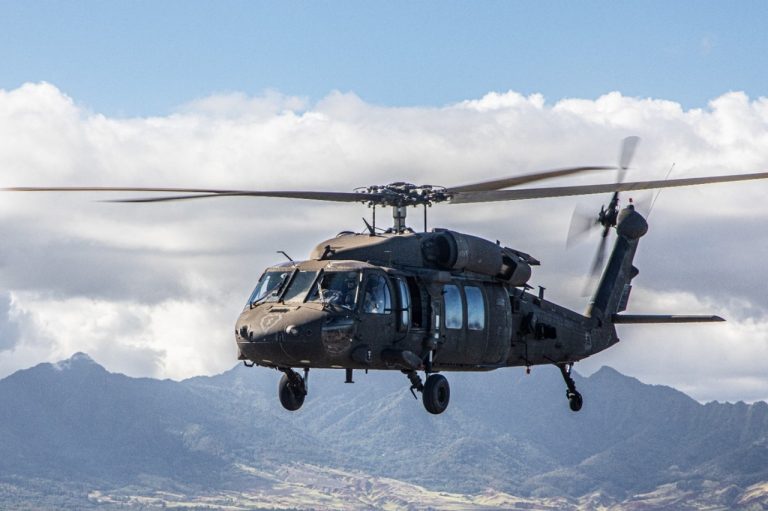The Function of Airplane in Forming Global Transport and Profession Dynamics
The evolution of aircraft has actually indelibly changed international transport and profession characteristics, assisting in unmatched degrees of connectivity and effectiveness. Through the facility of durable air freight networks, services can now browse worldwide markets with exceptional speed and dexterity, consequently redefining supply chain techniques. This transformation is not without its obstacles, as the air travel market grapples with sustainability worries and regulative pressures. As we check out the complex impacts of airplane on worldwide trade, it is vital to take into consideration how these aspects will certainly form the future landscape of aeronautics and its function in the economic situation.

Advancement of Air Transportation
The development of air transportation has actually been marked by substantial technical improvements and innovations that have transformed the means individuals and goods cross the globe. From the Wright brothers' very first powered flight in 1903 to the development of supersonic jets, each landmark has emphasized the relentless pursuit of performance and speed in air traveling. Early aircraft were largely primary, limited by engine power and structural honesty. Nevertheless, the intro of advanced products and the rules of aerodynamics in the mid-20th century led to considerable renovations in aircraft efficiency, integrity, and safety. uh 60.
The last component of the 20th century observed the emergence of industrial air travel as a practical setting of transportation, defined by the introduction of jet engines, which transformed air travel by dramatically reducing trip times. The rise of air freight in parallel with passenger services has better underscored the versatility of air travel.
Effect on Global Profession
Air transport has actually profoundly reshaped global profession by facilitating the swift activity of products across substantial ranges. This expedited logistics ability allows services to respond quickly to market needs, consequently improving supply chain effectiveness. The capability to carry disposable goods, high-value products, and time-sensitive products has opened up new markets and chances for numerous markets, dramatically affecting profession patterns.
Furthermore, the advancement of air cargo networks has fostered globalization, allowing companies to resource products and products from various parts of the world flawlessly. This interconnectedness reduces preparations and expenses, enabling organizations to stay affordable in a progressively global marketplace. Furthermore, air transport plays an essential duty in e-commerce, where customer expectations for rapid distribution have actually driven a surge sought after for air cargo services.
The impact of aircraft on international profession prolongs to the production of calculated profession courses, connecting areas and facilitating international collaborations. Countries that invest in air transport infrastructure commonly experience improved economic development and enhanced international straight financial investment. Generally, the advancement of air transport has not only transformed the logistics landscape but has likewise end up being an essential component in the characteristics of international trade.

Financial Advantages of Aeronautics
A robust aeronautics industry produces significant economic advantages, adding to work development, tourist, and total financial growth - uh 60. The aeronautics market sustains numerous jobs worldwide, varying from straight employment in flight terminals and airline companies to indirect roles look at here in industries such as hospitality, transport, and logistics. According to market reports, for each work in the air travel market, approximately 3.5 added tasks are produced in the wider economic situation
Tourist is a crucial element of the economic advantages obtained from aviation. Air traveling facilitates worldwide tourism, allowing tourists to check out varied destinations, which consequently promotes neighborhood economies. Countries that buy their aviation framework often experience boosted vacationer arrivals, leading to greater costs on solutions such as attractions, restaurants, and resorts.

Additionally, aeronautics boosts worldwide connection, allowing businesses to access new markets and sources efficiently. This connection cultivates global profession, enabling for the quick motion of products, which is essential in today's globalized economy. Because of this, industries such as ecommerce and production benefit greatly from trusted air transport, further driving economic growth. In general, the aviation market remains a cornerstone of financial vitality, underscoring its indispensable role fit modern economic situations.
Difficulties Dealing With the Aviation Industry
Navigating a complex landscape of governing, ecological, and economic challenges, the aviation industry faces substantial difficulties that endanger its sustainability and development. Laws bordering security and protection are consistently progressing, requiring continuous conformity and adaptation from airlines and makers (uh 60). This can bring about raised functional costs and source allowance that interferes with innovation and development initiatives
Furthermore, ecological problems have ended up being extremely important, with expanding scrutiny over carbon emissions and sound air pollution. The sector is under pressure to embrace greener methods and technologies, which commonly call for substantial financial investment in study and development. Stabilizing these ecological responsibilities with the need for flight presents a considerable challenge.
Economic variations, such as increasing fuel prices and geopolitical uncertainties, even more complicate the landscape. Airlines frequently face volatile operating expense and changing passenger need, which can influence success and long-lasting planning. Labor lacks and skill voids in vital areas include another layer of intricacy, hindering functional efficiency.
Inevitably, dealing with these diverse difficulties is vital for find here the aeronautics industry to maintain its essential function in international transport and trade, while ensuring strength and adaptability in a significantly affordable market.
Future Trends in Air Traveling
Changing and arising technologies consumer choices are positioned to reshape the future of flight substantially. The integration of synthetic intelligence and artificial intelligence is expected to improve operational performance, streamline airport procedures, and boost customer support. Anticipating analytics will certainly help with a lot more exact demand forecasting, enabling airlines to enhance trip routines and pricing models.
Sustainability is ending up being a key chauffeur in air travel, with the aeronautics market progressively focused on decreasing carbon discharges. Developments in airplane design, such as hybrid and electrical propulsion systems, are being explored to meet environmental targets. The fostering of lasting aviation gas (SAFs) is anticipated to play a vital duty in attaining net-zero discharges by 2050.
Consumer preferences are shifting in the direction of customized travel experiences. Airlines are spending in advanced data analytics to customize services and you can try these out enhance consumer involvement, making sure a much more tailored trip from scheduling to arrival. In addition, the surge of remote work may lead to raised demand for leisure traveling, as people look for to incorporate work and getaway.
Final Thought
To conclude, airplane considerably influence worldwide transport and profession characteristics by promoting rapid activity and enhancing supply chain effectiveness. The development of air transport has actually transformed worldwide trade, yielding significant financial advantages while likewise presenting challenges that call for critical monitoring. Future trends show an ongoing reliance on air travel for business, highlighting its essential role in globalization and economic growth. The recurring adjustment of the air travel industry will be crucial for maintaining its payments to the global economic situation.
The latter part of the 20th century witnessed the introduction of industrial aeronautics as a feasible mode of transport, identified by the introduction of jet engines, which revolutionized air travel by significantly lowering flight times. The increase of air cargo in parallel with traveler solutions has better underscored the flexibility of aeronautics. Additionally, air transport plays a crucial role in ecommerce, where customer expectations for quick shipment have actually driven a rise in demand for air products solutions.
Overall, the development of air transport has not just changed the logistics landscape yet has additionally become an important part in the characteristics of international profession.
Sustainability is coming to be an essential motorist in air travel, with the air travel sector significantly concentrated on reducing carbon discharges.